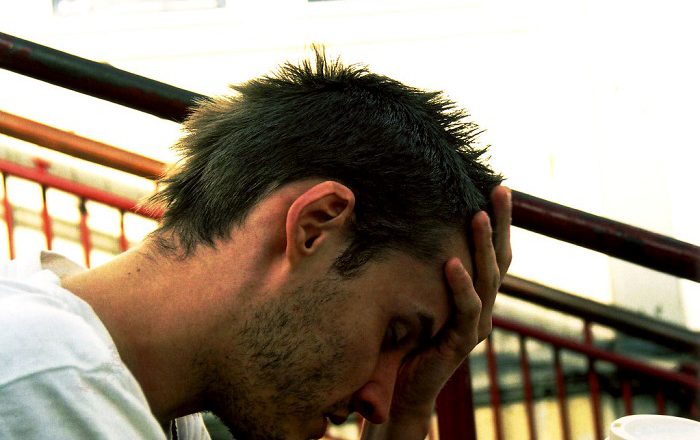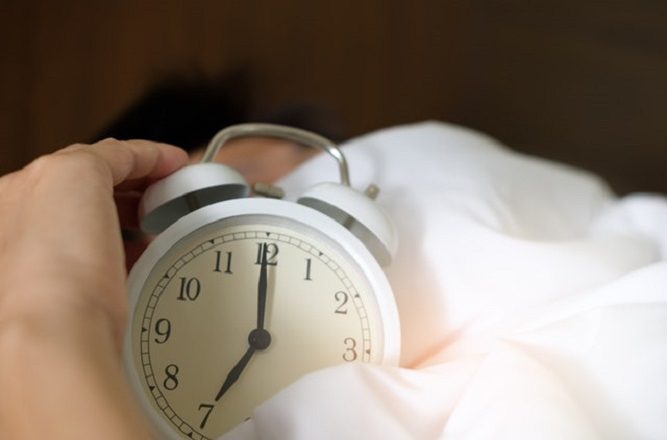Daylight Saving Time Starts – 11 Things You Can Do To Adjust To Losing That Hour Of Sleep
As clocks march ahead and daylight saving time begins, there can be anxiety around losing an hour of sleep and how to adjust to this change.
Usually an hour seems like an insignificant amount of time, but even this minimal loss can cause problems. There can be significant health repercussions of this forcible shift in the body clock.
Springing forward is usually harder that falling backward. Why?
The natural internal body clock rhythm in people tends to be slightly longer than 24 hours, which means that every day we tend to delay our sleep schedules. Thus, “springing forward” goes against the body’s natural rhythm. It is similar to a mild case of jet lag caused by traveling east – in which you lose time and have trouble falling asleep at an earlier hour that night.
Even though it’s tec...



